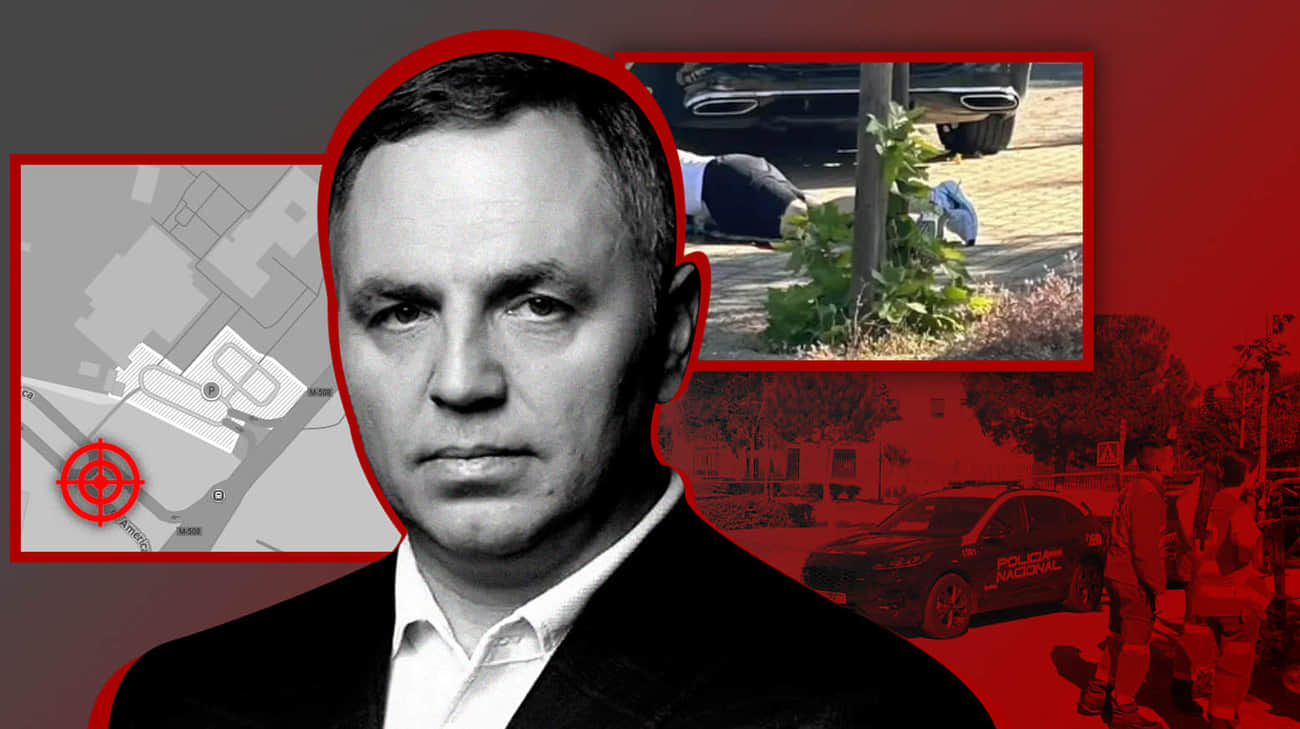Salaries growth with 65% not enough or why there are no public transport drivers

The transport sector in Bulgaria as a whole is experiencing problems – young professional drivers are tempted to drive international courses, where the payment is better, the Bulgarians occupied in the sector aged, and the companies in Bulgaria are already turning to the import of drivers from third countries – including public transport.
The overall picture
Employed in the more widely-grown sector « Transport, Stock and Post », for which the National Statistical Institute provides data, by 2024, about 214,000, or just over 7% of the country’s workforce, numbered. The forecast is to shrink their share to less than 207 thousand to 2034, according to a report from the Ministry of Labor and Social Policy on the Middle Term and Long Term Estimates for the Development of the Labor Market in Bulgaria. The leading professions in the sector are precisely drivers of heavy goods vehicles and buses.
The trend of aging in the sector is among the most pronounced. The largest decline in the share of employed between 25 and 49 years and the largest increase in the share of employed between 50 and 64 years is observed in education and healthcare, and transport, storage and forwarding are arranged immediately after them. In transport activities, employees in pre -retirement age chase a share of 40%, which, according to the report, is above average for the European Union.
70 is the new 50, or why to work until later in life is already a necessity
It also adds that employers in the field are already signaling a shortage of employees, with the main need being with secondary education. At the same time, these personnel remain unpaid, which encourages them to seek realization in external labor markets.
With graduates only seventh grade does not make a modern economy
Data from official statistics, however, show that the average gross salary for the sector since late last year is already exceeding 2000 levs and grows at the same rate as the average for the country, but without reaching it. On the other hand, in the West, the monthly remuneration for the same work, but under better conditions it can reach 2500 – 3000 euros.
Against this background, it is no surprise that the sector is another one who reaches for the import of staff from third countries as a lifebelt. In recent years, staff from non -EU countries have been imported mainly from Uzbekistan, Turkey, Kyrgyzstan, Nepal and India in tourism as seasonal workers, but more and more are the ones in construction and processing industry, as well as in transport.
In 2023, the issued residence and work permits in the transport sector were 165, and a year later they were 607 – nearly 4 times more. Only for the period from the beginning of 2025 to May 23 are they 426, or 6.6% of all permits issued since the beginning of the year. This means that 70% of the granted permits for the sector throughout the past year, a report from the Employment Agency provided to Dnevnik shows.
According to her, the largest number of foreigners in the Transport sector are from Turkey, Northern Macedonia, Uzbekistan, Moldova, Georgia, India, Vietnam and Ukraine. The broad geographical spectrum shows that the selection lacks a focus on countries with large Bulgarian communities or other focused policies for permanently filling the shortfall.
To the city’s city transport
After last year, the media in Plovdiv announced that foreigners would join the transportation of Plovdiv residents, employed by third countries, and in the capital’s public transport – in the past 2024, the Employment Agency issued 19 permits to Sofia Motor Transport and 14 to « Sofia Electric Transport ». However, against the backdrop of the general shortage of staff in municipal companies, these cases are rather incidental and do not seem to be an attempt for a lasting decision – since the beginning of this year the agency has not issued any. From the other two municipal transport companies – Metropolitan and Center for Urban Mobility, no applications have been submitted so far. But this is understandable insofar as the subway is not hungry for staff, and the activities of the Urban Mobility Center are more specific – selling cards and tickets and parking control.
From the end of 2021 to the present time there is an outflow of labor, with the most important being the proportion of drivers.
Motor vehicle.
In its report, the municipal company « Sofia Motor Transport » states that the peak in the driver’s deficit was in the third quarter of 2024 – by the end of this period the last official report was published. It states that the company reports 311 persons deficit of staff, incl. 256 vacant staffing for drivers. For the period of the report – the first nine months of the year, they left more than the newly appointed – 79 against 66 drivers.
According to the company for the lack of staff, « wines » also carry the depreciated buses with no air conditioning, uncomfortable seats, higher noise levels and vibration in the cabin. Traffic in Sofia also plays a role, especially when improper parking makes it difficult or blocks the traffic of buses.
The authors of the report also estimate that since 2019, the cumulative increase in drivers’ salaries is about 65%.
And despite its participation in the protest requesting higher salaries the company indicates in its last report that
Not the amount of remuneration is the root cause for leaving, but rather the working conditions that for drivers refer to the technical condition of the vehicles, as they work between 8 and 10 hours a day with them.
Motor vehicle.
For the period January – September 2024, the staff of Sofia Electric Transport was reduced by 16 people. To overcome the problem of the shortage, the company points out that it organizes free trainings, advertising campaigns and examines the reasons for leaving. Due to the lack of drivers, the company increases its unexpected courses.
In his report, he points out that he lacks 166 drivers – 53 watts, 64 trolley drivers and 49 electric bus drivers. The extraordinary work made by the rest of the staff reaches 258 thousand hours, 221 thousand hours of which are the drivers.
In its report, the company also stated that the average gross monthly income for drivers, together with the overtime compensation, reaches approximately BGN 3700 for maintenance workers it is BGN 2520, and in the « other staff » column reaches BGN 2938.
How to change the picture for the better
Improvement of working conditions, reorganization of the four municipal companies « Sofia Motor Transport », « Sofia Electric Transport », « Metropolitan » and « Center for Urban Mobility » and their unification into a common organization under one hat are the key activities to be undertaken by Kaloyan Karamitov from the team of Sofia. He gives an example with London, who manages to unite all his transport operators under one hat. The idea is centrally monitored the transport of the city, and the administrative functions that are currently duplicated, such as accountants, dispatchers – to optimize.
« Certainly such duplicate activities need to be removed. To check the use of modern tools, because we know that if they act on paper, maybe 10 people will do the work that one person with some digital platform can work, » Karamitov adds to Dnevnik.
Currently, each of the companies has its own management and administration, and according to the expert there is no synchronization between them. It gives an example that it is almost impossible to analyze whether a line of autotransport should be replaced by electric transport as needed.
On the other hand, there is competition for the staff – and in particular between the railways – « Sofia Electric Transport » and « Metropolitan », or Metro against a tram.
Wattmans can very easily become drivers.
Kaloyan KaramitovUrbanist and Specialist in Urban Development and Mobility, « The Team of Sofia »
He adds that on the subway salaries are higher, the conditions are lighter and the shifts are more human, as there is no overload with overtime, as with other companies. It also gives an example of the working conditions, and at the moment people in the labor market are looking for opportunities for development and additional social benefits, regardless of the sector.
« People now want the workplace to be modern, enjoyable, warm winter and cold summer, not the other way around. These are already a basic requirements because it cannot be relying on conditions that were 20 or 30 years ago, » Karamitov adds.
Watmans not to worry about artificial intelligence but meteorologists to start
« Capacus money is not enough, » said the expert with a reference to the allocated BGN 15 million from the government and the economic program prepared for an additional BGN 300 to the salaries of all employees in the companies, including administrative staff.
« I do not see an analysis at the moment and there is no way without it just to be given to a cap, » Karamitov said.
According to him, instead of relying on external migration and imports of third-party staff, rather, such conditions should be laid, « to keep the people who have started work anyway or to attract new ones. »
In addition, as another of the problems of transport companies, he points out the lack of a centralized unit to prepare public procurement.
Whether the formation of the United Society will make a profit after they individually report regular losses is not certain. Karamitov reminds that urban transport has a social function and efforts should be aimed not so much to make a profit as it would be for an ordinary company, but to optimization of costs and processes and better service for citizens.










